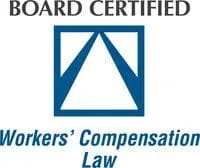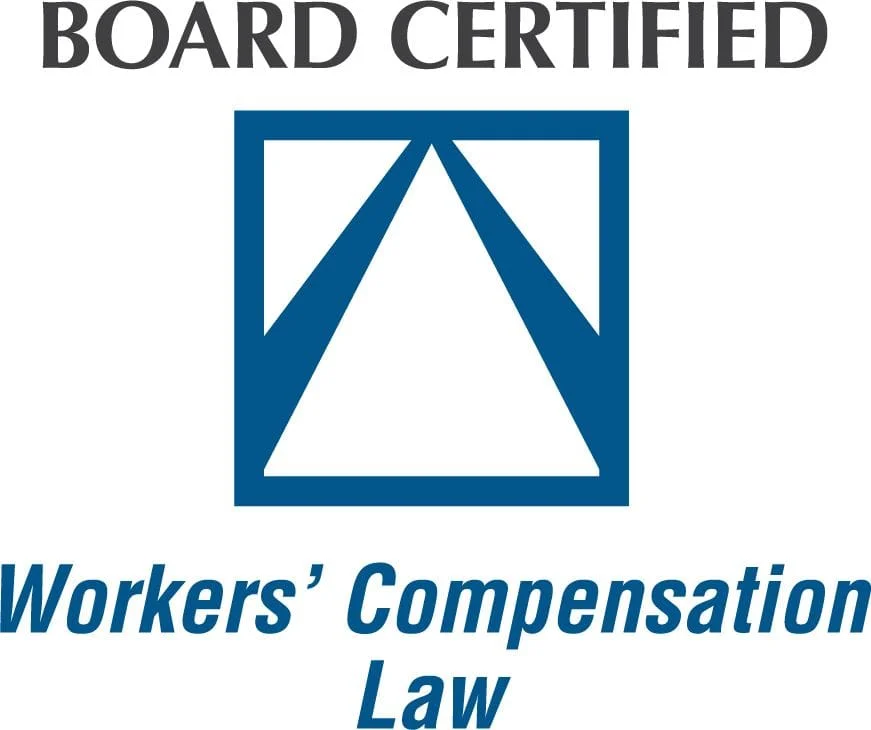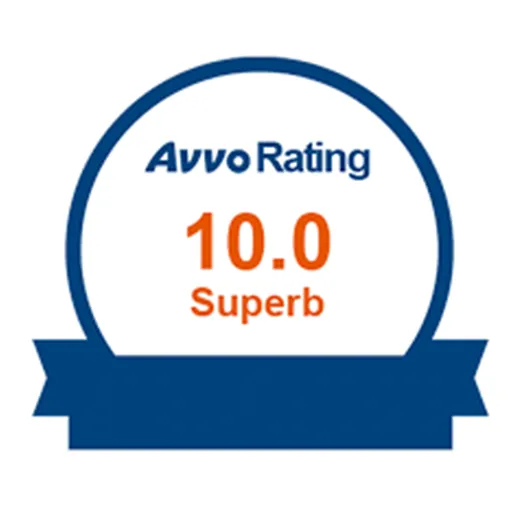North Carolina Workers’ Compensation FAQs
At Hodgman, Rowlett & Jahnes, P.A. in Greensboro, we are board-certified specialists in North Carolina workers’ compensation law who answer questions such as:
- What should I do after being hurt at work?
- How do I file a workers’ comp claim in North Carolina?
- Can I choose my own doctor when I file for workers’ comp?
- Does workers’ comp just cover medical bills?
- How much will my workers’ compensation benefits be?
- What if my employer doesn’t have workers’ compensation insurance?
- Are all on-the-job injuries covered by workers’ comp?
- Does workers’ comp cover only injuries or does it also cover long-term problems and illnesses?
- What do I do if my claim is denied?

What should I do after being hurt at work?
Notify your supervisor immediately after suffering a workplace accident or discovering you’ve developed a work-related medical condition. You should file a written report within 30 days, or you could lose your right to benefits. We recommend keeping a copy of the report for your records.
How do I file a workers’ comp claim in North Carolina?
Fill out and file Form 18 with the North Carolina Industrial Commission (NCIC). Your employer should provide you with the form, but if they don’t, you can get it directly from the NCIC. Be sure to give your employer a copy.
Can I choose my own doctor when I file for workers’ comp?
If your employer sends you to a doctor of their choosing, you will have to go that provider. If your employer doesn’t select a physician, you can choose your own. When you’re receiving treatment from an employer-designated doctor, you can petition the NCIC to change doctors if you have a strong reason, but your request might not be granted.
Does workers’ comp just cover medical bills?
In addition to medical expenses, workers’ comp provides partial replacement of lost income, mileage reimbursement for some medical visits, prescription costs, vocational rehabilitation expenses and, if warranted, permanent disability payments and attendant care coverage for assistance with daily living needs.
How much will my workers’ compensation benefits be?
Wage replacement benefits are paid at two-thirds of a worker’s average weekly wage up to a maximum weekly amount of $1,102 for 2021. The maximum is adjusted annually.
What if my employer doesn’t have workers’ compensation insurance?
With a handful of exceptions, employers in North Carolina with three or more workers are required to carry workers’ compensation insurance. If your employer doesn’t provide this coverage, you can report them to the NCIC and then file a claim.
Are all on-the-job injuries covered by workers’ comp?
Generally, injuries that happen in the scope of employment are covered, unless the injury was caused by the employee’s drug or alcohol use at work. However, if the drug was prescribed by a doctor or the alcohol provided by the employer, the injured employee may have a claim. Employees whose injuries result from workplace fights or horseplay may not be covered, depending on the circumstances.
Does workers’ comp cover only injuries or does it also cover long-term problems and illnesses?
Workers’ comp covers accidental injuries and medical conditions that develop over time due to employment-related activity, such as hearing loss and repetitive stress damage. It is available to people who suffer from occupational diseases such as cancer and other illnesses.
What do I do if my claim is denied?
If your initial workers’ comp claim is denied, you have the right to appeal the decision to the North Carolina Industrial Commission. If that appeal is unsuccessful, there are additional steps that can be taken if you seek to reverse the denial. An experienced workers’ compensation attorney can represent you throughout the complex appeals process and provide honest counsel regarding the likelihood of a successful outcome.












